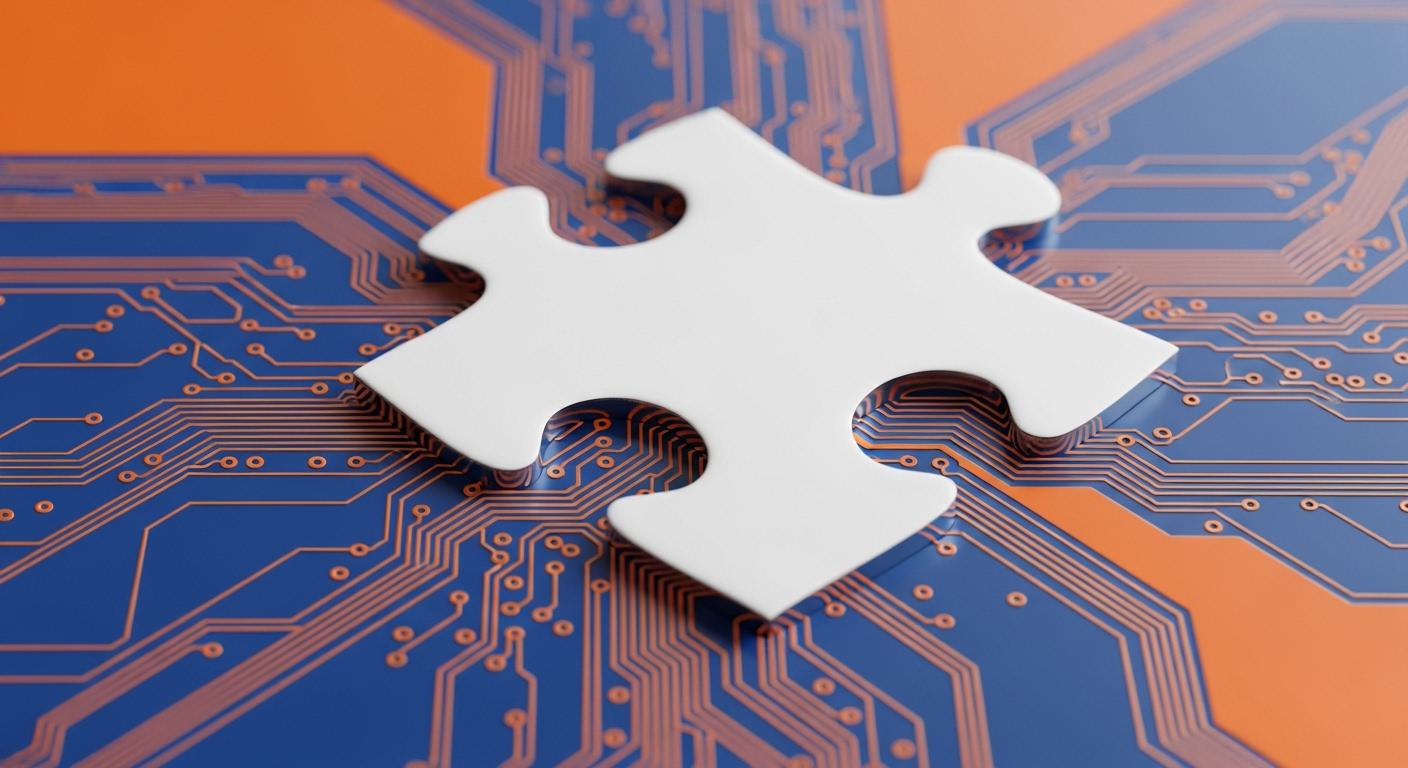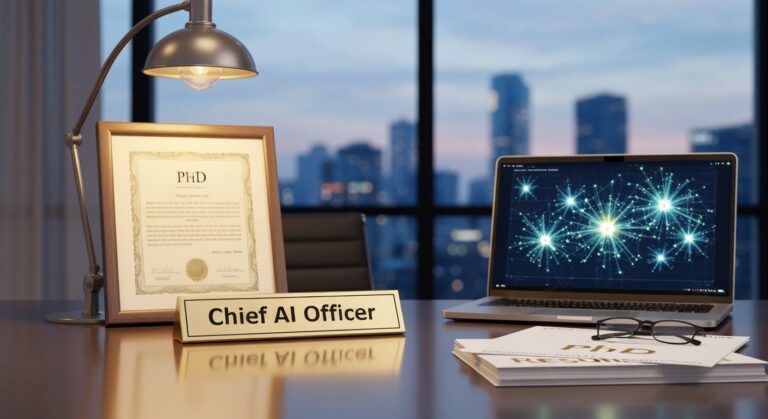AMD CEO Lisa Su offers a revitalizing optimistic take on AI’s impact on jobs. Rather than replacing workers, Su believes AI will complement human capabilities, pointing to AMD’s continued hiring of engineers as evidence. While AI excels at basic tasks and has dramatically shortened chip design timelines, human oversight remains essential. Su’s perspective aligns with her company’s mission-driven approach to talent acquisition, suggesting an exciting future where humans and AI collaborate effectively.
AMD CEO Lisa Su is pushing back against fears that artificial intelligence will lead to widespread job losses. In fact, the tech executive believes AI will complement human work rather than replace employees, pointing to her company’s continued hiring of engineers as evidence of this trend.
Su emphasizes that current AI technology mainly handles basic, repetitive tasks and still requires significant human oversight. The real value of AI, she argues, lies in its ability to boost productivity and tackle complex problems that would typically take years to solve. For example, AMD has seen AI compress chip design timelines from three years to just six months. She believes that AI will eventually become mainstream technology that society takes for granted.
While AI excels at routine tasks, its true power lies in accelerating complex problem-solving alongside human expertise.
While tech giants like Meta and Microsoft compete for AI talent with astronomical pay packages, AMD takes a different approach. Su’s hiring philosophy focuses on attracting professionals who connect with the company’s mission rather than those solely motivated by compensation. This strategy has helped AMD maintain a strong pipeline of engineering talent despite intense industry competition.
The CEO’s optimistic outlook extends to younger generations entering the workforce. Unlike some industry leaders who warn of entry-level job losses, Su believes humans will adapt and thrive alongside AI technology. She compares AI’s evolution to that of the internet, suggesting it will become naturally integrated into daily work life rather than replacing human roles entirely. Su firmly believes that artificial general intelligence will not surpass human capabilities.
Looking ahead, Su sees AI as a transformative force across various industries, particularly in healthcare and drug discovery. However, she maintains that human judgment remains essential for ensuring ethical AI use and deriving truthful insights from data. This perspective is reflected in AMD’s ongoing recruitment efforts and investment in human expertise.
Su’s measured approach to AI adoption offers an invigorating counterpoint to doomsday predictions about workplace automation. While acknowledging AI’s potential to revolutionize various fields, she emphasizes that its current capabilities are limited, and the technology works best when enhancing rather than replacing human capabilities. This balanced view suggests a future where AI and human workers collaborate rather than compete.







